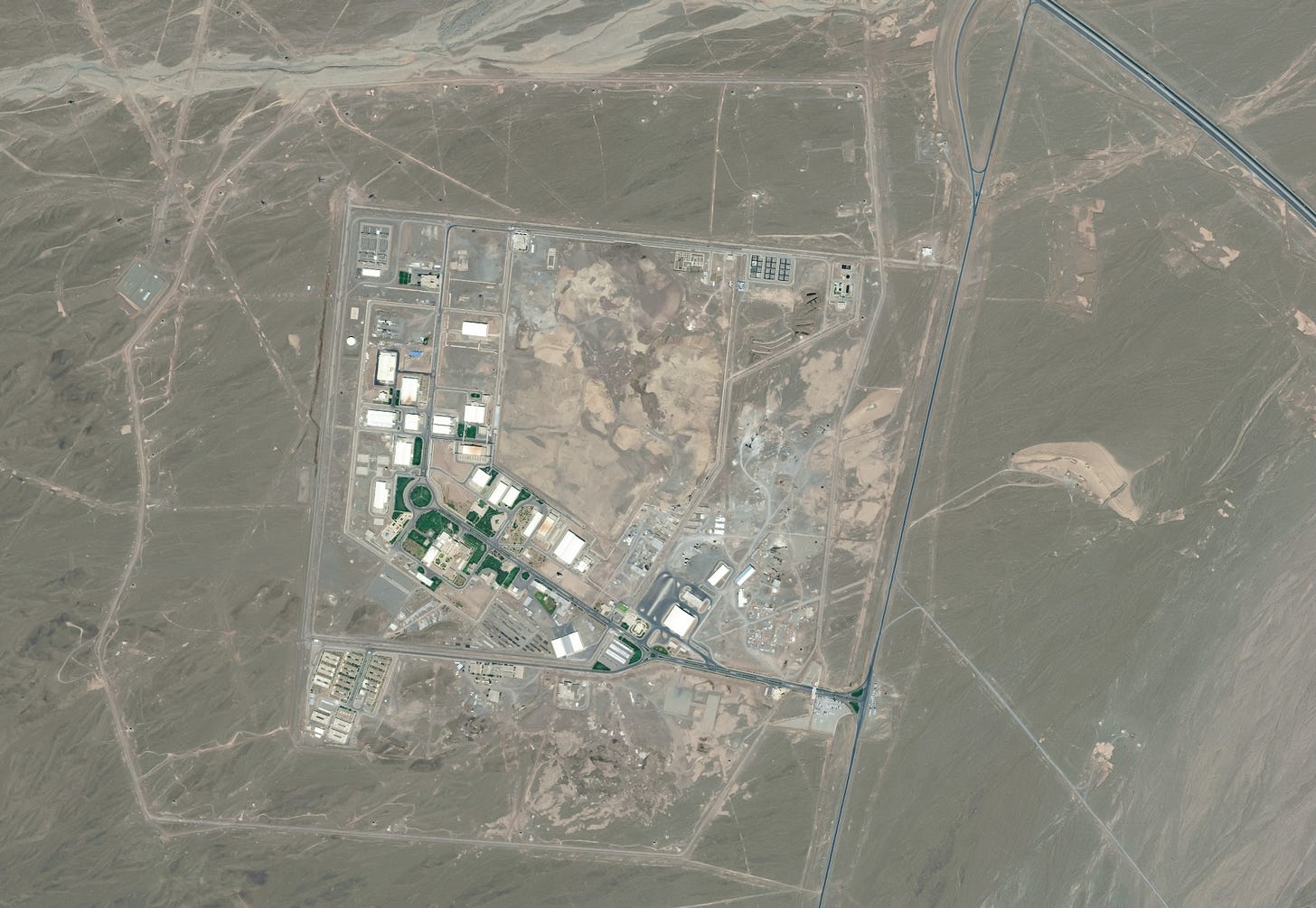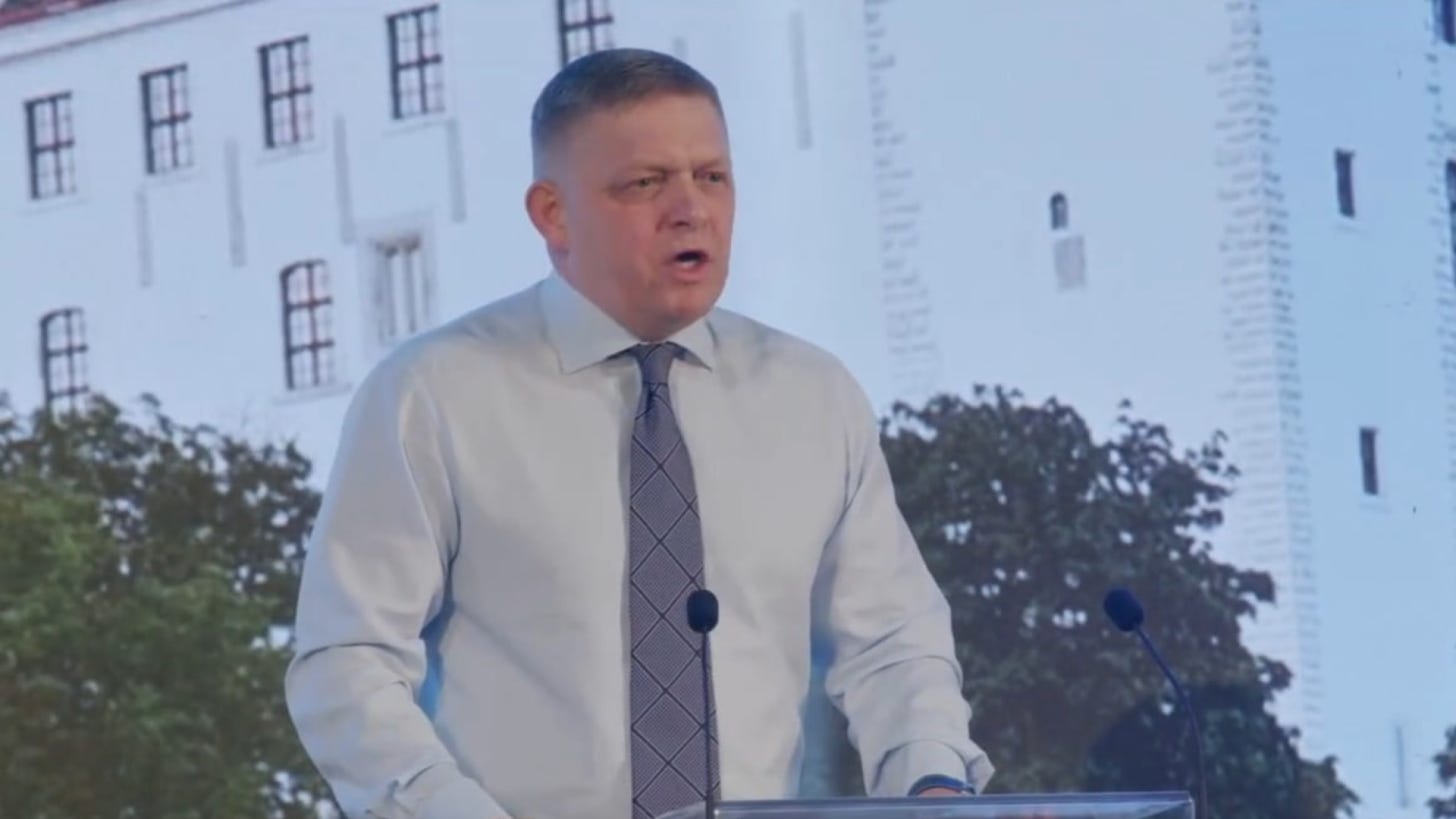THEY KNEW THERE WAS NO BOMB
Why Israel did not attack Iran’s suspected nuclear weapons facility

The tit-for-tat attacks between Israel and Iran that consumed much of the world’s attention over the past two weeks reached a crescendo on April 13, when an Iranian drone and missile assault on Israel failed after an armada of allied fighter planes—secretly organized by the Pentagon, with the support of Russia—shot down more than three hundred armed Iranian drones and missiles headed for targets in Israel.
The Middle East and the Western world anxiously waited for the Israeli response. It came a few days later when two Israeli fighter planes, operating outside Iran’s border, fired supersonic missiles at a high-tech Iranian defensive missile site that was protecting Iran’s most important nuclear enrichment site, near Natanz, eighty miles north of Isfahan.
The New York Times, in a dispatch from Washington, depicted the attack as limited but a ‘potentially big signal” to the Iranian leadership, The message was that Israel was willing and capable of attacking the heart of the Iran’s most important weapons complex: “The taboo against direct strikes on each other’s territory was now gone.” Similar worried assessments were published around the world. A later Times report told of a conversation between President Joe Biden and Israeli Prime Minister Benjamin Netanyahu, in which the unpredictable Israeli leader was said to have been talked out of further, and far more aggressive, attacks. The world had perhaps moved away from the brink.


No comments:
Post a Comment